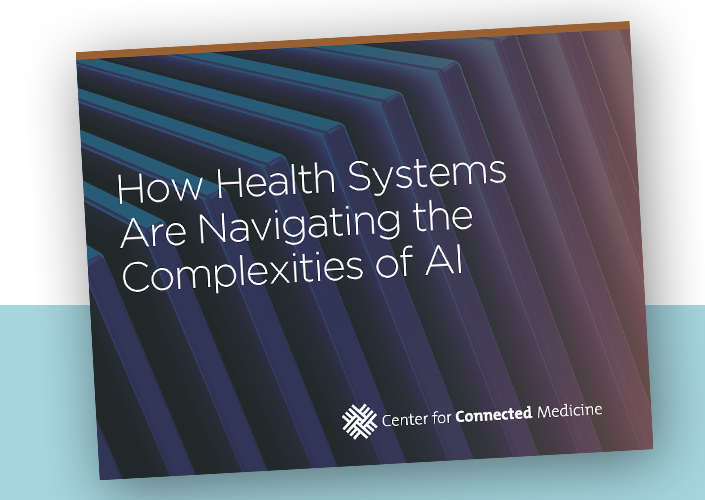
What You Should Know:
– Despite the increasing adoption of artificial intelligence (AI) in healthcare, a new survey reveals that very few health systems have formal policies in place to govern its use, particularly for generative AI. In addition, 70% of executives plan to adopt AI solutions through EHR vendors for easier integration.
– The Center for Connected Medicine’s full report, “How Health Systems are Navigating the Complexities of AI,” offers a deeper dive into the survey findings and provides valuable insights for healthcare leaders navigating the evolving landscape of AI.
The Need for Governance:
Only 16% of surveyed health systems have a formal AI governance policy. The rapid advancements in AI necessitate clear guidelines to mitigate potential risks and ensure ethical and responsible use. Despite the lack of formal policies, many have established internal governance committees. The survey underscores the urgency for health systems to develop comprehensive AI governance policies that address data privacy, security, and accountability.
Balancing Promise and Risk:
While AI offers numerous benefits, such as reducing administrative burden and improving clinical decision-making, concerns regarding data privacy and potential biases remain. Establishing effective governance structures helps navigate these complexities and ensure AI serves patients and healthcare providers ethically and effectively.
Generative AI’s Potential
The survey identifies promising applications for generative AI in healthcare, including enhancing efficiency, providing deeper insights into clinical data, and automating repetitive tasks. However, cautious and responsible adoption is crucial to avoid misuse and unintended consequences.
Recommendations
The report emphasizes the importance of clearly defined objectives, measurable benchmarks, and regular evaluations when adopting generative AI. This data-driven approach ensures continuous improvement and alignment with ethical considerations and patient safety.
“There are many ways health care can and will benefit from AI, including freeing up our clinicians to focus more on caring for patients and helping systems more efficiently process a range of tasks,” said Rob Bart, MD, chief medical information officer for UPMC, which is a founding partner of the CCM.
“But it is essential that health care executives also take seriously the responsibility to protect our patients’ privacy and health data. At UPMC, we uphold the highest standards of security and privacy for all our data,” Dr. Bart continued.

